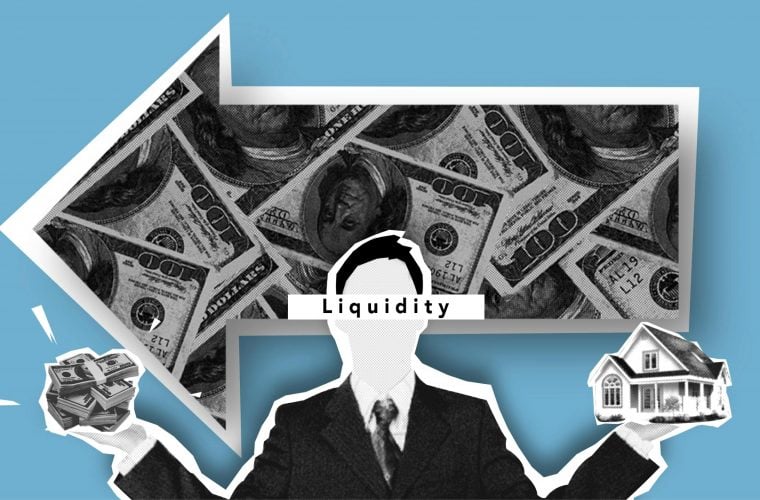
6 Reasons Your Retail Business Needs A CFO
A chief financial officer, also known as a CFO, is a senior-level executive who leads the finance department of an organization. The CFO is responsible for a company’s financial health and oversees several areas related to its finances.
In addition to ensuring that a business has sufficient funds to operate, the CFO monitors planning, budgeting, and forecasting. A chief financial officer is valuable for any retail business because they can help you develop strategic plans and make critical financial decisions.
Here are six reasons why your retail business needs a chief financial officer:
They Have Growth-Oriented Plans
A CFO can help you develop growth strategies aligned with your long-term vision for your business and how you want it to grow. This way, you won’t have to worry about losing focus on what’s most important for growing your retail business.
For example, suppose you’re planning to open more stores next year and need funding for new store locations. An expert from startup CFO services can help determine what financing will work best for your company’s growth goals.
Also, they can guide you on how much money you should raise from investors. They’ll advise you on what kind of paperwork is necessary when applying for funding from banks or other financial institutions.
They Help Keep Costs Under Control
A CFO can help ensure your business isn’t wasting money on unnecessary expenses by identifying areas that need improvement. By having someone who understands your company’s finances, you can spend less time worrying about your available funds.
In addition, a good CFO can help you determine if it makes sense to hire new employees or expand into new markets. This way, you can avoid wasting money on initiatives that aren’t profitable for the company in the long run.
They Help Make Better Business Decisions
The biggest reason why your retail business needs a CFO is that they help make better business decisions. They can advise you about cash flow, taxes, and compliance requirements. Without them, you’ll have to make all these tough decisions independently.
For instance, suppose you’re trying to decide whether or not you should accept credit cards at your store, and you don’t know how credit card processing works. You might lose money because you’ll pay higher fees than necessary since you don’t have an expert guide. A CFO can provide data-based solutions so that you don’t lose potential sales.
They Manage Taxes And Compliance Requirements
Taxes are complicated and always evolving, not only for businesses but also for individuals. Any business owner must stay up-to-date with tax laws to avoid problems at tax time or getting hit with fines from the internal revenue service (IRS).
A CFO can help you stay compliant with taxes and other requirements. As a result, you’ll avoid losing money unnecessarily or paying penalties later. Aside from that, you won’t have to damage your retail brand’s image by being non-compliant, helping you sustain a positive reputation.
They Can Improve Your Organizational Structure
A CFO can help you improve your organizational structure by identifying areas where you can increase efficiency and reduce costs. They can help you handle different scenarios and what insurance coverage or policies should be in place. When something goes wrong, they can guide you through it and ensure that all is well with your finances.
Significantly, they can create a budget based on the needs of your business. They’ll help you ensure all transactions are adequately documented so that financial records are accurate. A CFO will also monitor cash flow to ensure there’s enough money to cover expenses and provide additional funds for growth opportunities.
They Know How To Manage Business Risks
One of the primary responsibilities of a CFO is to identify and manage risks within the company. This includes financial, operational, and legal risks. If there’s something wrong with one aspect of your business, they can help you spot the root cause and fix it before it becomes complicated.
For example, if you have a new product line that isn’t selling as well, your CFO can advise you on what needs to be done. They can reallocate financial resources into more profitable areas that are less risky for your company.
Key Takeaway
The CFO’s job is to ensure the business runs smoothly and that all staff members are on the same page. A successful retail business that needs to be in operation for a long time can’t afford to be derailed by internal strife, which is why the CFO is required so strongly in your business.














